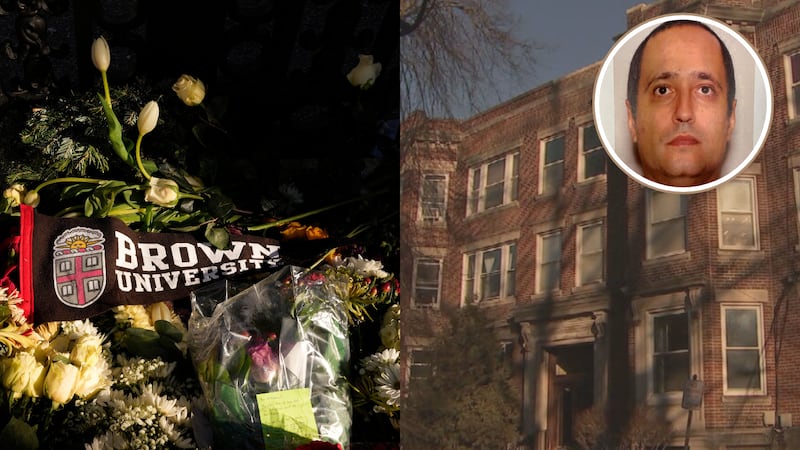BOSTON — With the hustle and bustle of thousands of tourists surrounding them, several local clergy men and women stood in prayer at Faneuil Hall Friday afternoon.
They called on their higher power and Mayor Marty Walsh to help them in their effort to rename the iconic landmark gifted to the city in the 1740s by merchant Peter Faneuil.
“Peter Faneuil was a slave trader and the proceeds that went to the construction of Fanueil Hall were derived from the sale of an unnamed slave boy,” Kevin Peterson, with the New Democracy Coalition, explained.
Peterson and members of the coalition re-issued a previously sent letter to Mayor Walsh asking for the name change Friday.
The building and former meeting house paid for by the slave trade is ironically also known as the cradle of liberty.
“We need an iconic message to go out across the streets of Boston and throughout the United States that racism will no longer be tolerated,” Cooperative Metropolitan Ministries’ Rodney Peterson said.
MORE: Local activist calls to rename Faneuil Hall
Mayor Walsh was unavailable for comment Friday, but city officials told Boston 25 News the issue would need to be reviewed by the Boston Landmarks Commission.
Governor Charlie Baker told reporters he deferred to the city, but said the state did recently remove a monument dedicated to confederate soldiers from one of the Boston Harbor islands.
“Based on the way that was written, and the framing of the issues associated with the war, we deemed it inappropriate. We boxed it up and it’s now in the state archives,” Gov. Baker said.
Clergy leaders said the building should instead be named after Revolutionary War hero Crispus Attucks.
“We recognize the historical significance of places such as Faneuil Hall, but just the racial tension and the racial division that the name in and of itself brings to bear, it ought to be a change,” Rev. Vernon Walker said.
MORE: Advocates push for access to higher ED for students with intellectual disabilities
Cox Media Group





